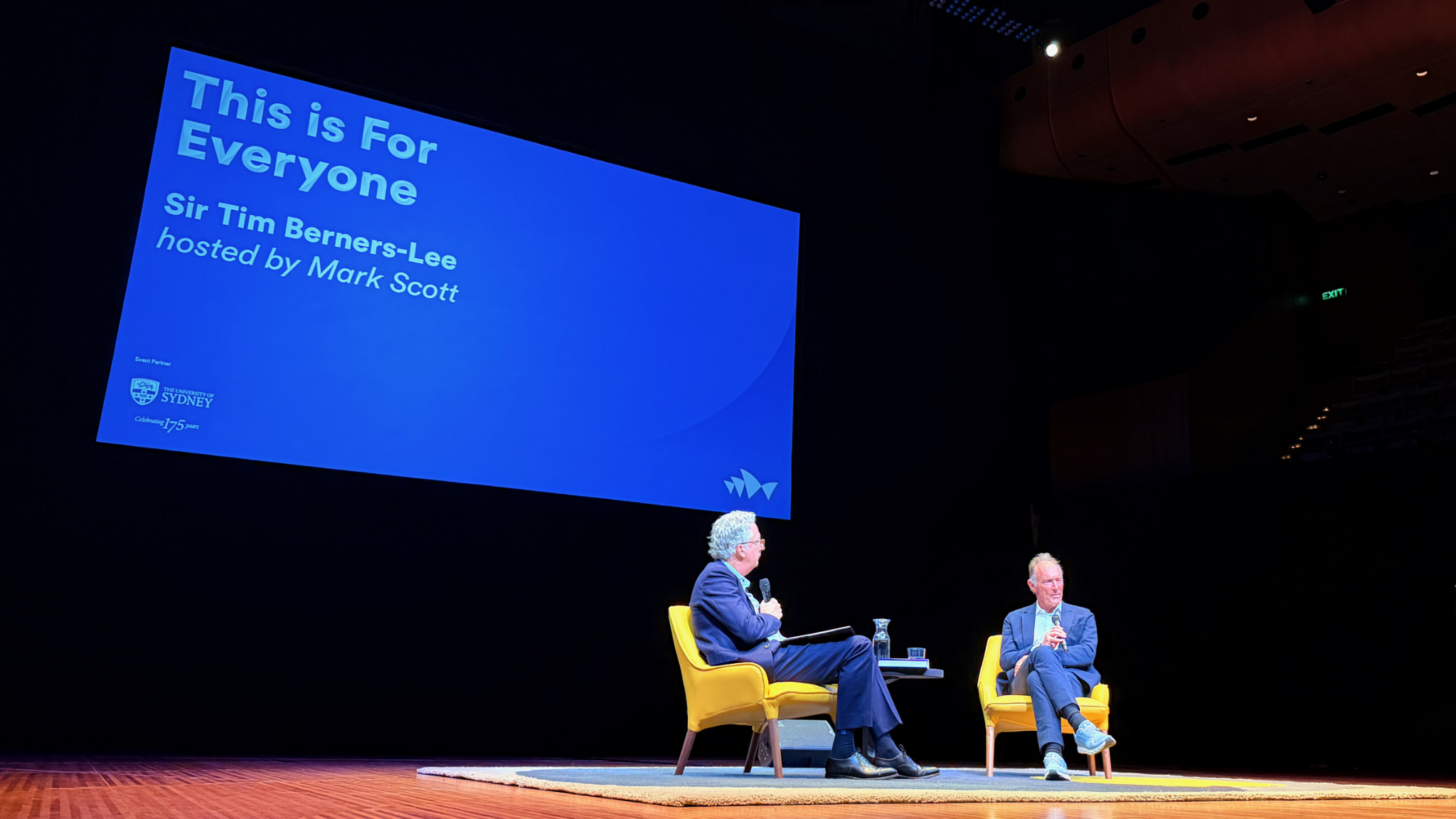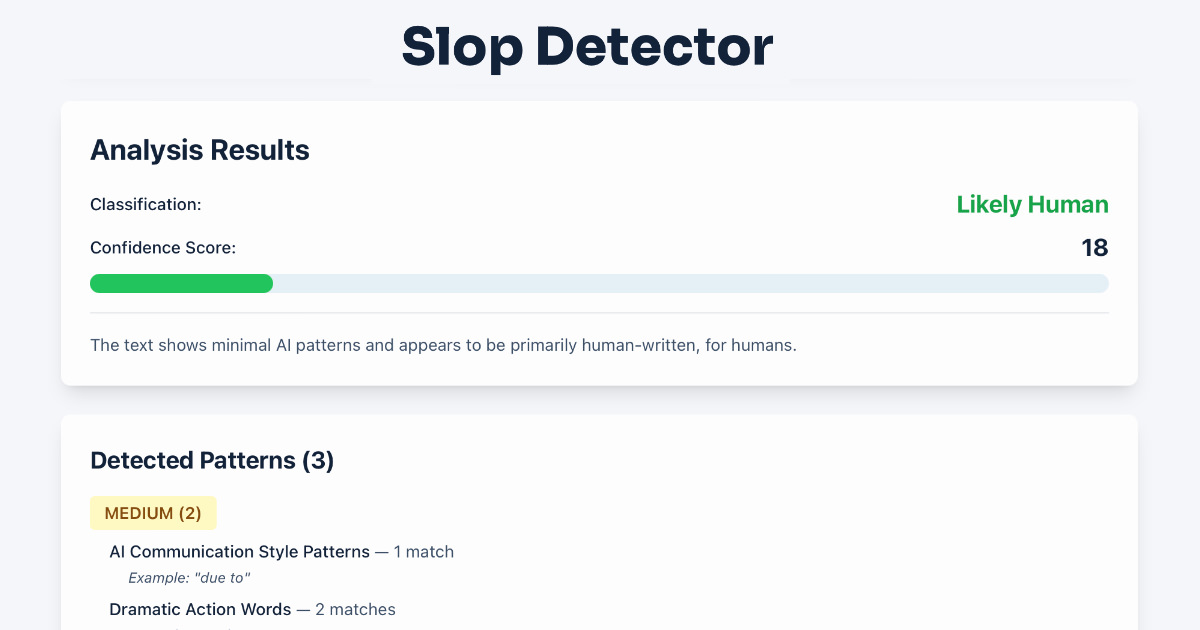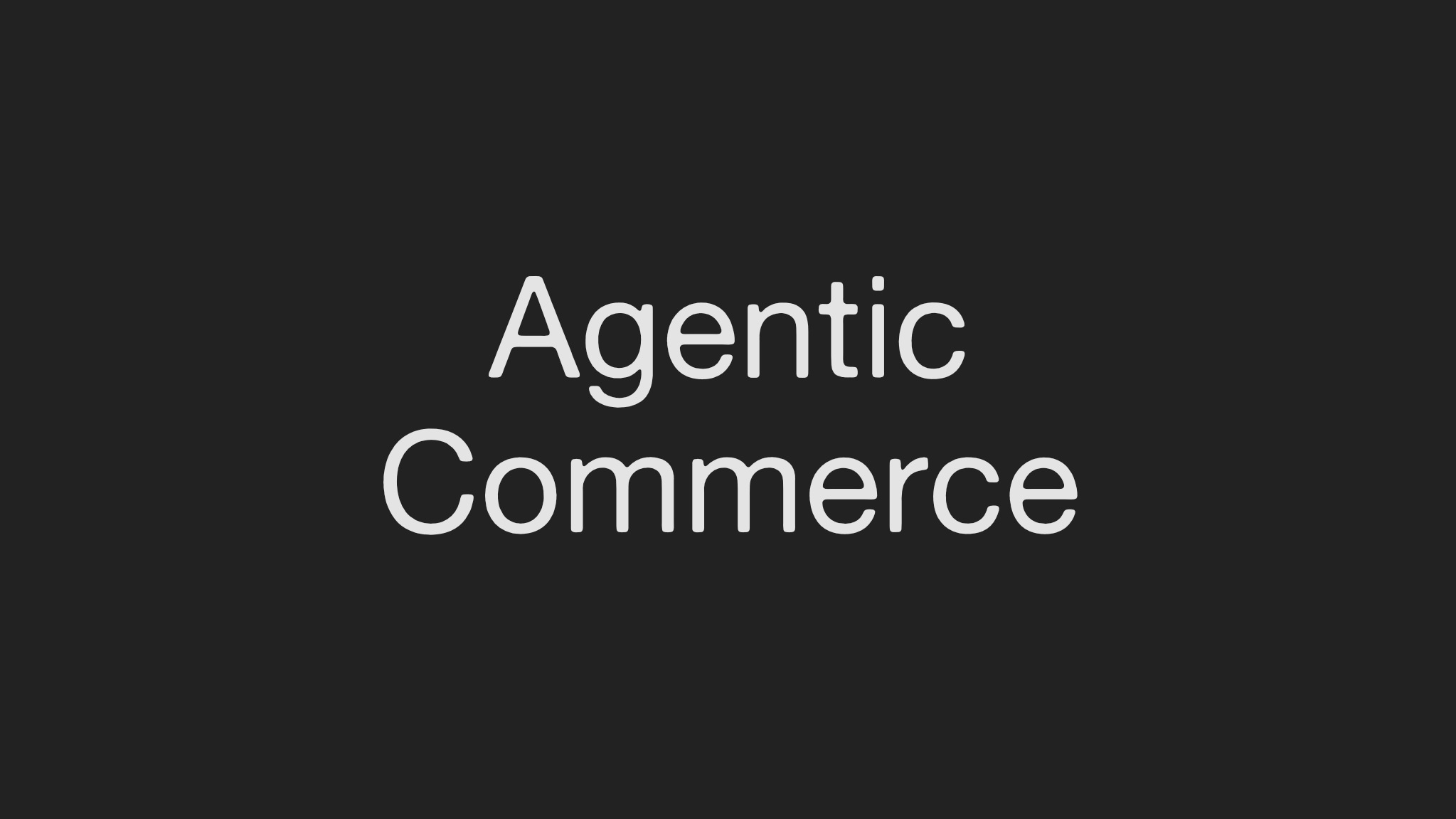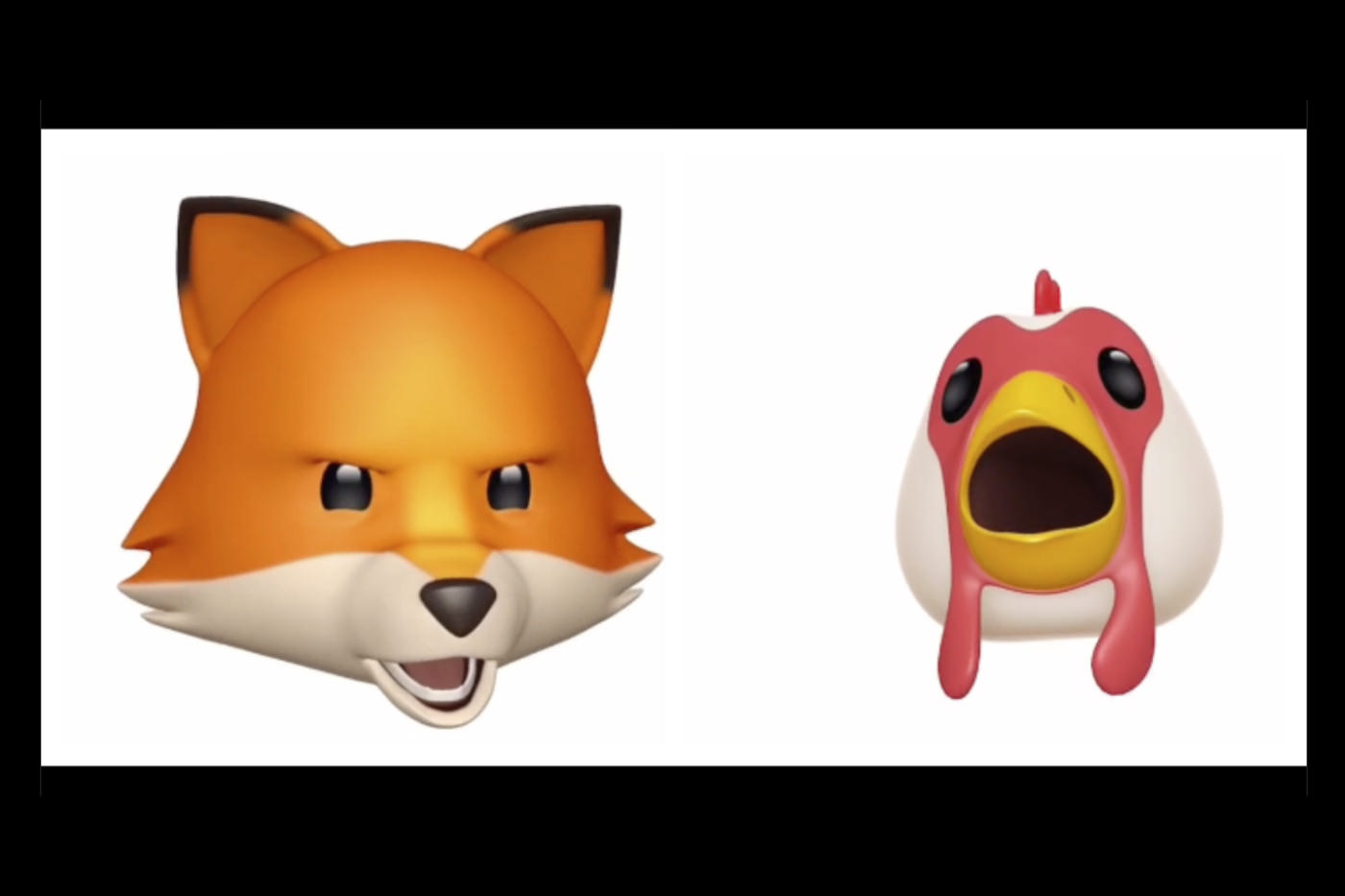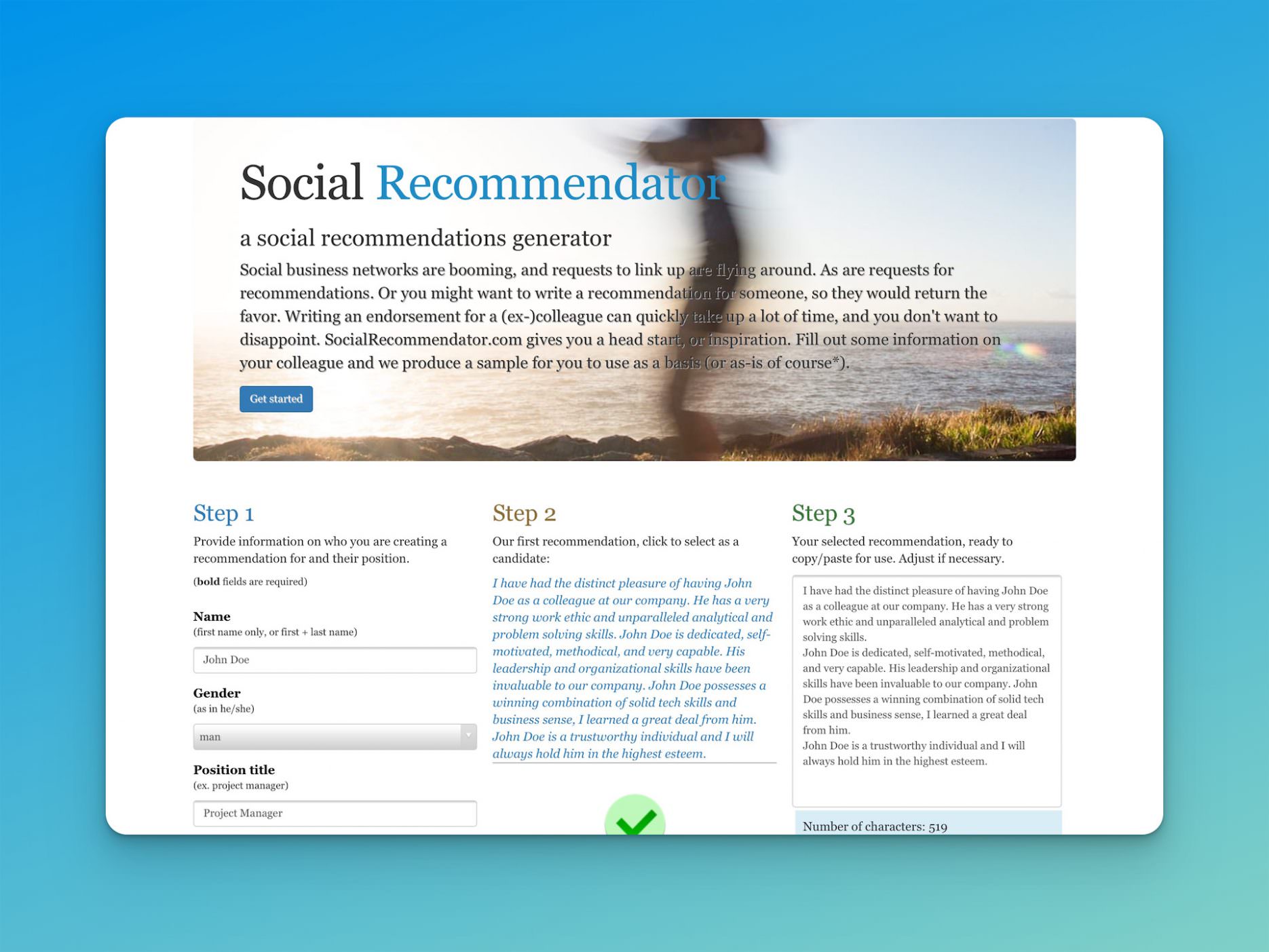Poverty manifests itself through different guises. When we think of poverty, we’d immediately recall a homeless person or a malnourished African child, a reflection of economical poverty. Social poverty is the result of lack of social capital. As per J.D. Lewandowski, “the concept of social capital refers to the networks of social trust and social connections that serve to enable individual and collective actions in a given social structure or society.” Social exclusion is often a cause of poverty, conflict and insecurity. Improving social inclusion increases one’s well-being, mentally as well as economically.
The Internet has enabled a way of social interaction and connections which facilitate the kinds of action that “make democracy work” (Robert Putnam). It enables freedom of movement up and down the socio-economic and cultural ladder through social participation and human development. It offers economic opportunities and access to public and social services.
On the Internet, everyone can be anyone, and social division becomes a non-issue (though actually new social divisions are constantly being created, on a different level – are you on MySpace or Facebook?). In fact, “on the Internet, nobody knows you’re a dog” (Peter Steiner’s cartoon). Another joke goes “Give a man a fish and you feed him for a day; teach him to use the Internet and he won’t bother you for weeks.” But that man might rise up to be the next Internet millionaire. Access to the Internet is an instrumental right for the improvement of people’s capability. Missing out restrains personal growth. That’s also why gouvernments provide libraries, and Internet access at libraries. It gives people access to knowledge, but libraries are a less than ideal environment for social interaction. Bringing the Internet closer to the community, closer to home, empowers people to take control of their own social network (online and offline). That’s where Free Sydney Wireless (Free Australia Wireless) fits in. By providing free Internet access, through a shared connection, we try to bridge the social divide in our own community, closest to us. This hardly costs us anything extra, as we already pay for Internet access. This is our small contribution to tackle social poverty.
The growth of social networking and user generated content reflects the deep rooted need of people for self expression, social interaction and peer validation. People sharing without personal financial gain. As they do, others do. Or so we hope anyway.
What are you waiting for, why not get involved?
